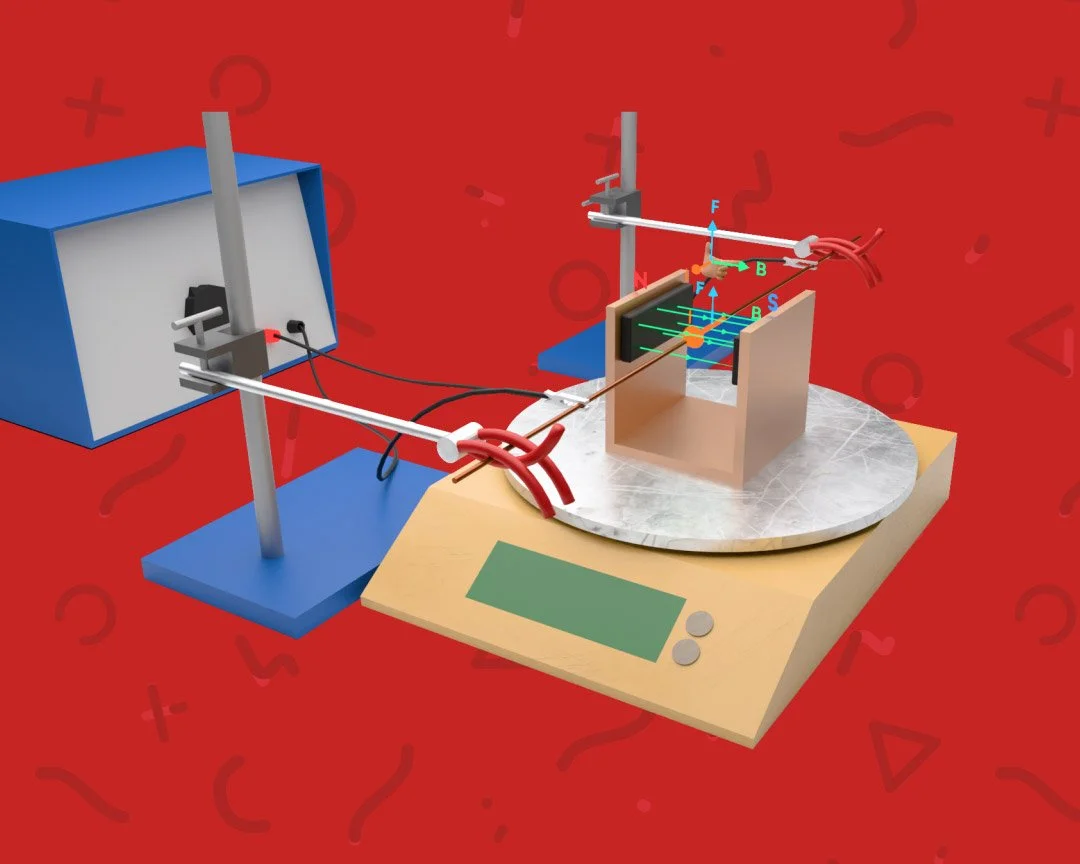How to Create an Effective Study Schedule for GCSE Physics
Introduction:
Creating a well-structured study schedule is a crucial step towards success in your GCSE Physics exams. An effective study plan helps you manage your time efficiently and ensures that you cover all the necessary material. In this article, we'll guide you through the process of creating a tailored study schedule that maximises your learning potential and prepares you for exam success.
1. Assess Your Available Time:
Start by evaluating your daily and weekly commitments. Consider school hours, extracurricular activities, and any other responsibilities you may have. This will give you a clear picture of the time you can allocate to your GCSE Physics studies.
2. Set Realistic Goals:
Define clear and achievable goals for your study schedule. Break down the GCSE Physics curriculum into specific topics and allocate time accordingly. Setting realistic targets will help you track your progress effectively.
3. Prioritise Important Topics:
Identify the key topics and concepts in GCSE Physics that require more attention. Allocate more time to these areas, especially those you find challenging. This focused approach will help you build a strong foundation.
4. Create a Weekly Timetable:
Divide your study time into manageable slots, assigning specific topics to each session. Spread out your study hours evenly across the week to avoid burnout. Be sure to include time for revision and practice.
5. Utilise GoPhysics Resources:
Incorporate GoPhysics video lessons, animations, and flashcards into your study schedule. These resources are designed to enhance your understanding of complex concepts and reinforce your knowledge.
6. Incorporate Regular Breaks:
Avoid long, uninterrupted study sessions. Schedule short breaks to rest and recharge. This will improve focus and retention, leading to more effective learning.
7. Review and Revise Regularly:
Allocate dedicated time for revision in your study schedule. Regularly reviewing previously learned material strengthens your memory and reinforces understanding.
8. Be Flexible and Adaptive:
Recognise that circumstances may change, and adjustments to your schedule may be necessary. Stay adaptable and make alterations as needed, ensuring that you continue to meet your goals.
9. Avoid Procrastination:
Commit to following your study schedule consistently. Procrastination can hinder progress, so stay disciplined and stick to your allotted study times.
10. Reflect and Adjust:
Periodically evaluate your study schedule's effectiveness. Identify areas where improvements can be made and adjust your plan accordingly. This iterative process will help you refine your approach over time.
Conclusion:
A well-designed study schedule is a powerful tool that can significantly impact your success in GCSE Physics. By following these steps and utilising GoPhysics resources, you'll be better equipped to manage your time, cover all necessary material, and excel in your exams. Remember, consistency and dedication are key to achieving your desired results.
GoPhysics is here to support you every step of the way. With its meticulously designed animations, comprehensive video lessons, and expertly crafted resources. Explore the wealth of knowledge and resources available at GoPhysics.co.uk and take your studies to new heights.
-




